Ma Qianli, Vice President of Babbitt: Exploration and Application of Blockchain in the Wave of Big Data
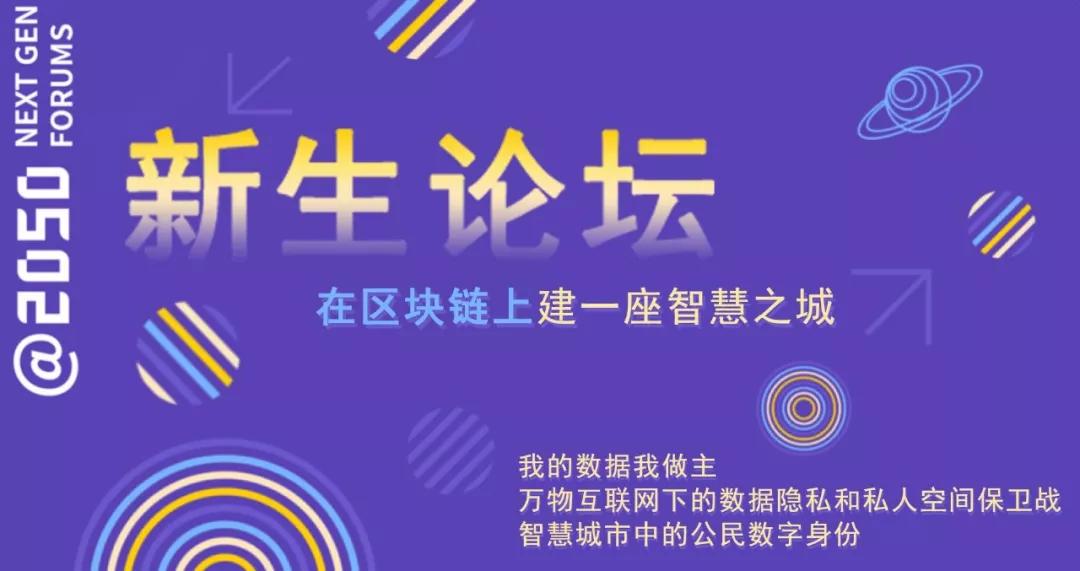
The data makes everything traceable and everything is backtrackable. In the data age, people's every move can form a small data packet to be recorded, but people themselves are unaware of it, which was unimaginable in the past. When a large amount of data is brought together, the data resource center of each city becomes the central nervous system of urban operation. Wang Jian believes that the biggest contradiction in the future development of the city is the contradiction between increasing data processing and limited computing power.
On April 27th, at 2050@2019, “Building a Smart City on the Blockchain ” , the founder of Zinc Link Gong Haijun and the co-founder of Babbitt Accelerator Hu Mengdi invited the Vice President of Babbit and the Director of Operations of the original chain. Ma Qianli, he shared the theme of “blockchain + city big data” . Ma Qianli believes that data is divided into right data and behavioral data. Behavioral data constitutes big data itself. Big data can be operated and operated through blockchain. The wave of urban big data has come from great soup.
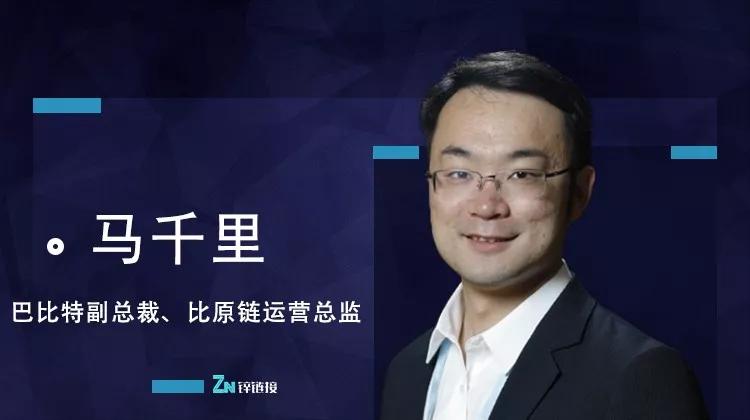
- Facebook Stabilization Project Project Libra is exposed, similar to loyalty points
- How to inherit bitcoin heritage? Professional lawyer gives the answer
- Four major net reds in the currency circle, positively responding to the community's top ten "century problems"
The following are the contents of the guest speech, there are cuts:
Big data + blockchain, two very hot words, it seems that it is difficult to find a real landing application. Fortunately, we have some practical experience, we start from what we do.
At present, we are trying to make a government blockchain in a provincial capital city in the southeast coastal area. Our Big Data Resource Authority in the local city has a locally deployed blockchain system based on the original chain and has four service nodes. This chain is used to assist in the verification of “trusted authentication results”. After collecting the identity information, the system aggregates it into the data resource manager and then goes to the national ministry. The feedback from the ministry is returned to the data resource management base. Chain system. Information is in a state of being scattered from scattered to concentrated to scattered.
Why do you do this? Let's try to look at the perspective of the city data manager?
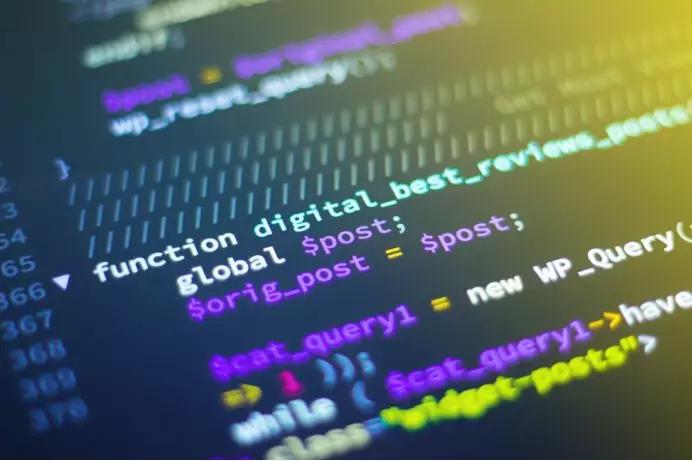
Image courtesy of unsplash
City managers face huge amounts of data every day, roughly divided into two types of data, one type of data is called "determination data." These data include bank deposits, real estate, telecommunications and communications. This kind of data is very privacy-oriented, very important, and it is difficult for general institutions to obtain it unless it is a strong state agency. The data itself is important, but its official seal is more important, that is, the units behind the data are more important. For example, if a property is not stamped, then you will not be able to issue a real estate license. This property is a defective property. This kind of data is hardly called big data, the scale is not big enough, and the processing difficulty is not big enough.
Another type of data we call behavioral data. For example, the user's browsing history on the Internet, using the app's click habits, driving track records, such information is often a by-product of a citizen's behavior. Behavioral data is less transparent than the data of the assertion class, but the data is a large-scale data in real time. It is fast and large, so that the human brain is very difficult to handle and must rely on a computer. Most of the big data we often say refers to behavioral data.
At present, the focus of local government management is on the data of the right, and the future focus is on behavioral data.
In fact, based on behavioral data and validation data, there are two different combinations of blockchains.
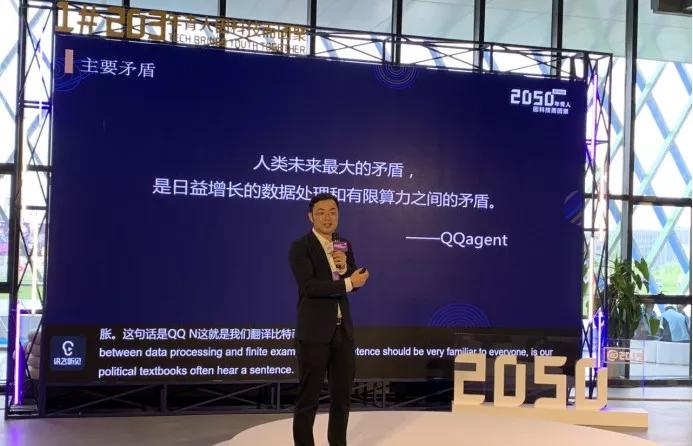
Ma Qianli 2050 scene photo zinc link shooting
The most important thing in determining the right data is its own security, non-tampering, and public awareness. Some local governments, such as Venezuela, do not have strong credibility and can use the blockchain to add a layer of certainty to such data. This part of the country has also begun to test water. For example, some cities like Shanghai High Court, Jilin High Court, and Hunan Loudi are already using blockchain to register their authoritative data.
The next step in the chain of deposits is the asset chain. For example, a property registered on the blockchain is originally a record of information. However, if this information record becomes a pass-through transfer in the chain, it becomes an asset chain. This is a very promising scenario.
Behavioral data is actually very dependent on its processing level because its amount of data is too large. What is big data processing? For example, big data processing is your emotional or intuitive judgment.
We walk on the road every day, the brain will touch a lot of signals, the organs such as the eyes, ears, nose and mouth give you a lot of information. Suddenly, the intuition tells you that this road is dangerous, you stop, and surely a truck is flying. If you continue to go, you will be in danger. In this scene, the vast amount of information you collect tells you that there is danger here, although it can't be analyzed by logic, it can only be intuitive. This is problematic. Depending on the human brain, the data is very random, and you can't notice many risks.
Relying on computers and computing power to process data can ensure that you have intuitive perception at any time. A lot of scattered information is collected and processed in time. Computers and computing power make your intuition always online. In the era of big data, we will rely more on computers to make decisions than on our own logic analysis. This is a new trend.
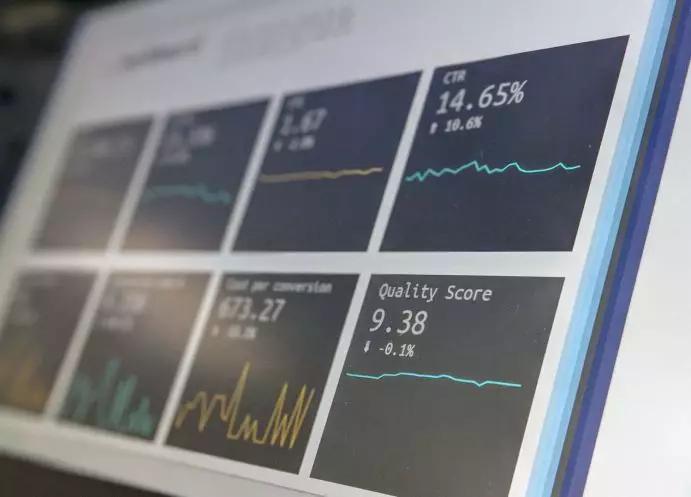
Image courtesy of unsplash
Going back to the behavioral data itself, in addition to the very large amount of data, there is still a difficulty in the structure requirements. The structure of the data is sufficiently consistent to be processed. At the same time, we must also consider the precise measurement of calculation decisions, and need enough behavioral data to support better behavioral decisions with enough computing power. The precise measure of computational decision is equivalent to the algorithm plus chip capability and the number of chips. On the one hand, the algorithm is optimized, on the other hand, the performance of the chip is improved. On the other hand, there is sufficient funds to buy the chips desperately, so that the computing power can be piled up. The current computing power scheduling method is a voice system construction like our Tencent, Huawei, and Ali, and then use the cloud to solve our computing power problem. This is a very realistic solution.
The new era may look for some blockchain solutions. At present, due to the increase in computing equipment and mobile terminals, it can collect many behaviors. For example, Qingdao has issued a supply chain called Qingdao North Supply Chain, which combines the collection of people's behavior with the points of the blockchain. For example, you often do garbage sorting, taking buses, and often have low carbon emissions, you can get more points rewards, and the blockchain can manage these points. If your child has difficulty enrolling in school, you can use these points to give priority to the right to enroll your child. You can even get some of the priority rights to buy a home. This is a way for the government to provide services to the public in a situation where “maximum run once” has been perfected. This is also an application of urban blockchain + big data. Many local governments, including some urban governments in Hangzhou, are already making such an attempt.

Image courtesy of unsplash
Summarize the two points I just mentioned. One type is the data of the right category. The data that confirms the power actually emphasizes the power and responsibility. The problem of data silos is not a technical issue, but more of a question of power and responsibility. The department that masters the data also has certain powers and assumes certain responsibilities, so it does not dare to release the data easily. At the same time, the blockchain provides a clear way to store data.
Behavioral data is actually very operational, and can produce many good results for the operation of behavioral data. For example, the taxation of a place suddenly decreases, but there is still a lot of electricity. There is still a lot of electricity in the industry. The taxation department has to check whether there is such a phenomenon of tax evasion. After the city's behavioral data is opened, the city's ability to manage society will increase. This is my summary of the two types of data.
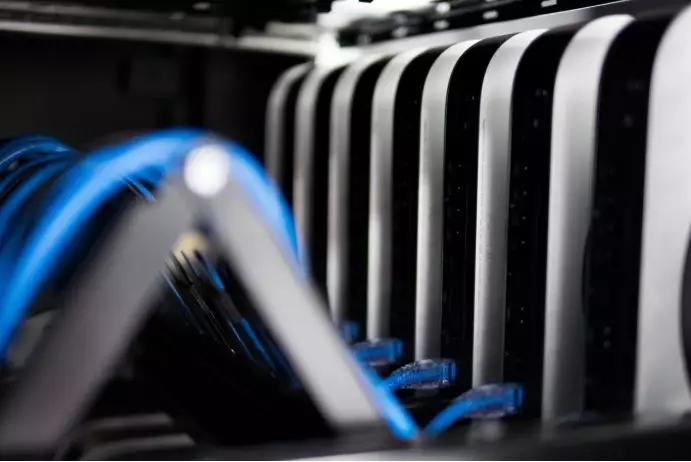
Image courtesy of unsplash
What happens after the data island is completely broken? Let's imagine what happens if all of our behavioral data is completely open and the government can know the data. We now open Taobao's app for everyone, and everyone's Taobao homepage is different.
In the future, if the city has such a big data system, everyone sees a different city. You are a boy. When you take the elevator, the advertising screen may be sport or fitness related. If you are a girl, there may be some things related to cosmetics and skin care products and plastic surgery. The city will show everyone a different look and form a phenomenon of “one person, one city”.
Finally, share the relationship between the wave of big data and the blockchain government. City big data is running wildly, and the blockchain has not found a good entry point, but it has a very good way. How big will our future data be? Our daily data growth, the annual data growth is 50%, there is still a relatively high growth trend in data growth.

Image courtesy of unsplash
In fact, the data is not big, its structure is very different, which makes data analysis very difficult. The biggest contradiction in the future of mankind is the contradiction between increasing data processing and limited computing power. Bitcoin is a system with a smooth schedule. How much is it mobilized smoothly? Its computing power per second is 51H.
The computing power that Ali, Tencent, and Huawei can mobilize is P-level per second, which is an order of magnitude lower than Bitcoin, and it is still far away. Bitcoin is a blockchain system, and the computing power that can be mobilized is very large, which promotes the prosperity and absolute security of Bitcoin's ecology. We have to mobilize the computing power of 251H per second to affect the processing results of a Bitcoin transaction. This is a very important point of the blockchain as a scheduling power, and more and more people will see this.
At present, this piece has been looking for some breakthroughs. In the future, there will definitely be a blockchain computing power system that regulates global computing power to deal with complex problems to cope with the mighty wave of big data.
Text: Yi Bojun
Editor: Wang Qiao
Photography: Huang Shuo
We will continue to update Blocking; if you have any questions or suggestions, please contact us!
Was this article helpful?
93 out of 132 found this helpful
Related articles
- Storj: Amazon S3 Competitor | Babbitt Home Accelerator Technology Open Class Preview Interview
- In-depth discussion of blockchain thinking mode (upper part)
- Is Facebook the biggest player in the cryptocurrency field? Insider: No, it runs counter to the cryptocurrency
- What is the valuation and rising logic of Bitcoin?
- QKL123 Blockchain Leaderboard (April 2019)
- Warren Buffett hit a ring and erased half of the cryptocurrency investors?
- What does the bitcoin power surge mean?





